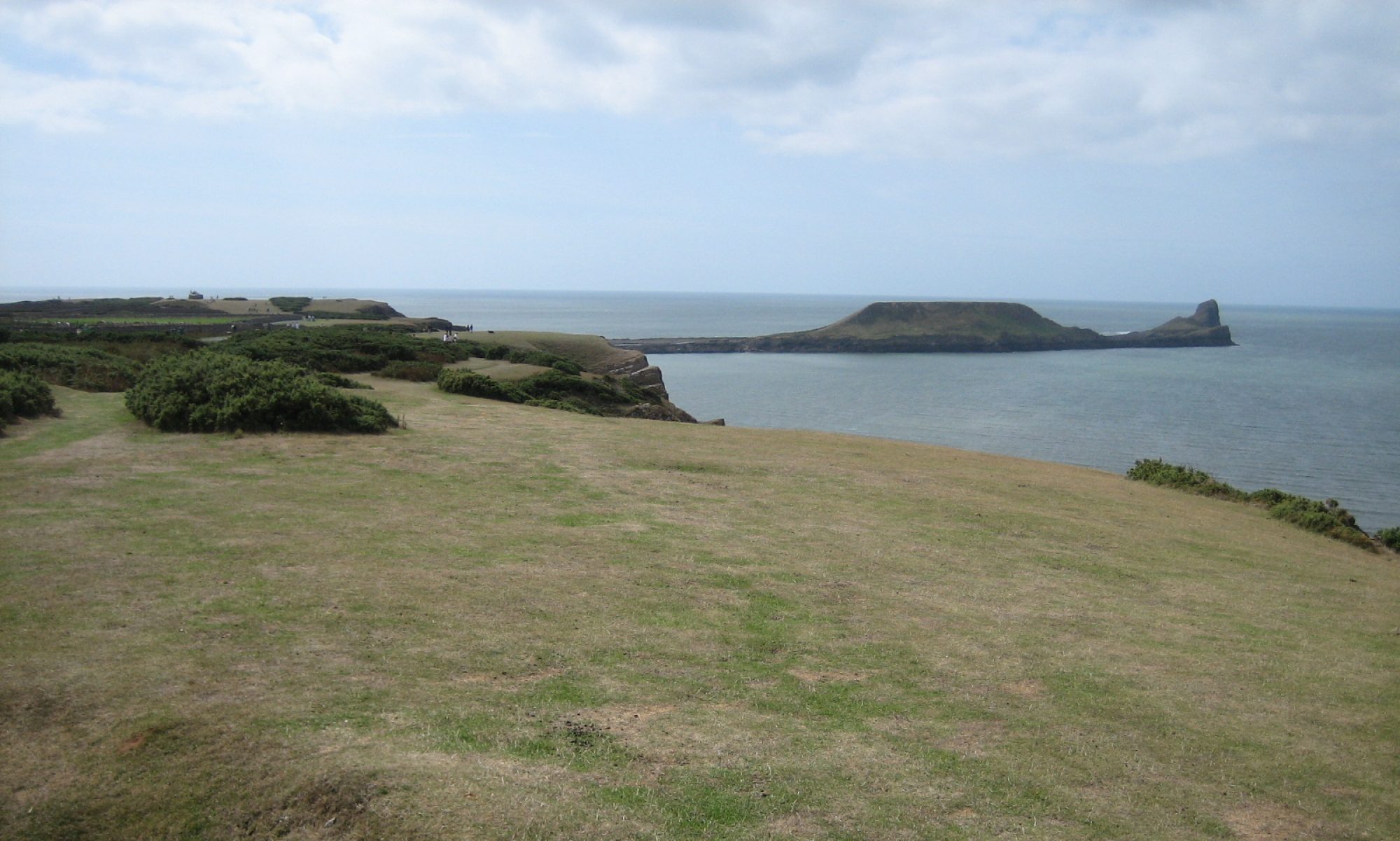Watching the first day keynote and blogging the announcements. There’s more on the web of course from better and more experienced journalists, so this is my personal record.
**HTML5**
– HTML5 reaching critical mass? On Mozilla, Safari and Chrome yes, but not on IE yet.
– Open Video. New codec (VP8) announced with open container WebM. Open video included in YouTube for HTML5 browsers. The tag will become a next big thing.
– Adobe Dreamweaver will support HTML5: support for cross platform development; tooling for JavaScript, CSS3 effects, SVG; and support for VP8 in Flash.
– Open Video. New codec (VP8) announced with open container WebM. Open video included in YouTube for HTML5 browsers. The tag will become a next big thing.
– Adobe Dreamweaver will support HTML5: support for cross platform development; tooling for JavaScript, CSS3 effects, SVG; and support for VP8 in Flash.
**Web Apps**
– An app store for web applications *chrome web store* was announced.
– Sports Illustrated will be one of the apps (!) – a preview of the end of magazines?
– Sports Illustrated will be one of the apps (!) – a preview of the end of magazines?
**Google Wave**
– Wave is now open to everyone … still not sure what it is yet though. Is it the collaboration tool that I’ve been waiting for?
– Google Wave will be part of Google Apps.
– Novell and SAP will have Wave compatible services built in to their new enterprise collaboration tools.
– Google Wave will be part of Google Apps.
– Novell and SAP will have Wave compatible services built in to their new enterprise collaboration tools.
**Web Apps at Work**
**
**
**
*Background*: Google I/O is primary a developer’s conference. To understand the following you need to know that Google Web Toolkit (GWT) is a front-end development framework that takes user interface code written in Java and compiles it into HTML/CSS and JavaScript that can be deployed on the browser. It was used to develop most of the Google web apps you’ll be familiar with like Gmail and Reader. Spring is an enterprise computing framework for Java and Roo is a development tool with philosophical similarities to Ruby on Rails. VMware, a company that specialises in virtualization software, acquired Spring last august.
The announcements and demos made at the end of the opening keynote will mean little to my reader, but it’s great for the old Java enterprise programming teacher that still lurks within my soul to get an outing occasionally.
So here are the geek announcements:
– Google has partnered with VMware to create a cloud computing platform based on the Spring framework (for the back end) and the Google Web Toolkit (for the front end).
– Geek heaven: GWT + Spring Roo (created by Google and VMware/Spring engineers collaborating over Google Wave) to make scaffolding a data driven web app ruby-on-rails(ish) easy.
– End-to-end latency tracing from the browser to the server … even when deployed on Google App Engine.
– New data widgets for GWT.
– GWT widget libraries are mobile ready: means that if your cloud-deployed application works on your laptop. It’ll work on your iPad and smart phone (tip: don’t rely on WiFi when demonstrating mobile Apps at a tech. conference).
– Open deployment (provided it’s a Java container).
– App Engine for Business with domain console, pro support, formal SLA, SSL and SQL databases [note: Google App Engine has up until now used a Google-specific data storage system called Big Table rather than the industry standard SQL] and new pricing scheme.
– Geek heaven: GWT + Spring Roo (created by Google and VMware/Spring engineers collaborating over Google Wave) to make scaffolding a data driven web app ruby-on-rails(ish) easy.
– End-to-end latency tracing from the browser to the server … even when deployed on Google App Engine.
– New data widgets for GWT.
– GWT widget libraries are mobile ready: means that if your cloud-deployed application works on your laptop. It’ll work on your iPad and smart phone (tip: don’t rely on WiFi when demonstrating mobile Apps at a tech. conference).
– Open deployment (provided it’s a Java container).
– App Engine for Business with domain console, pro support, formal SLA, SSL and SQL databases [note: Google App Engine has up until now used a Google-specific data storage system called Big Table rather than the industry standard SQL] and new pricing scheme.
**Closing Summary**
Google is betting the company on the open-web, in particular HTML5. If its vision comes true, HTML, CSS and JavaScript will be the application development environment of the future. And the courses I’ve been teaching for the last 10 years are about to become mainstream. I’m excited!

